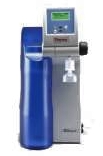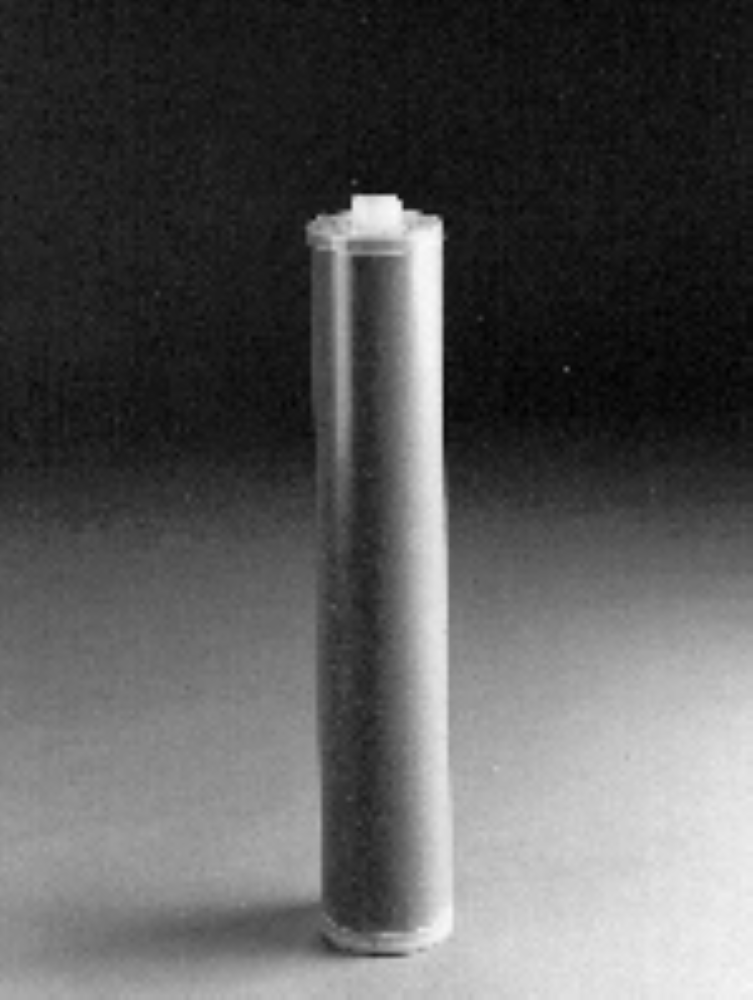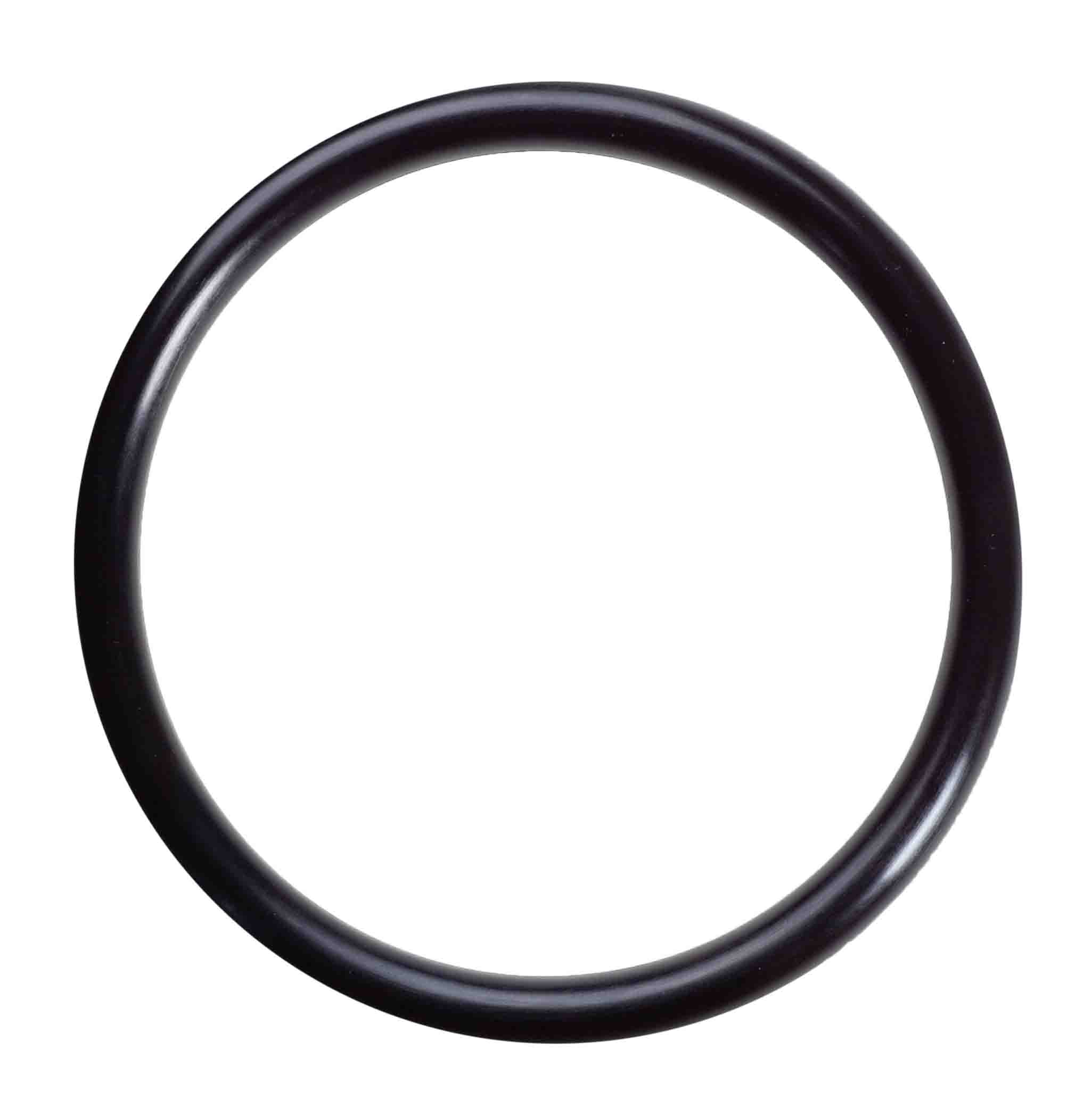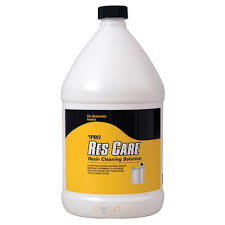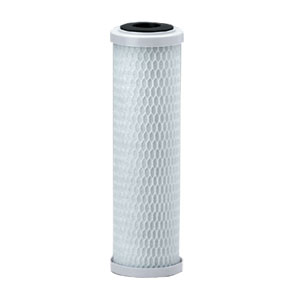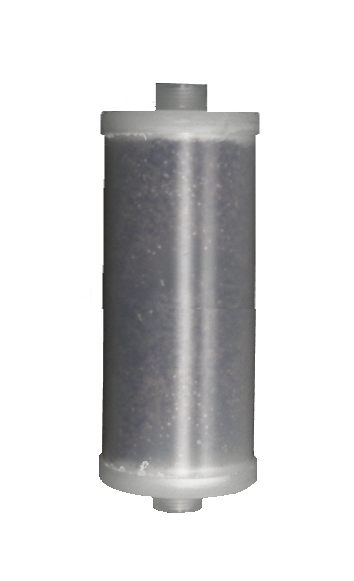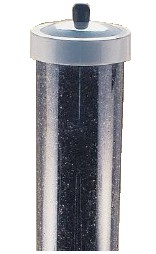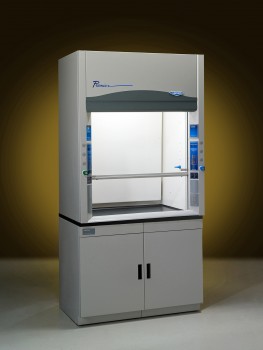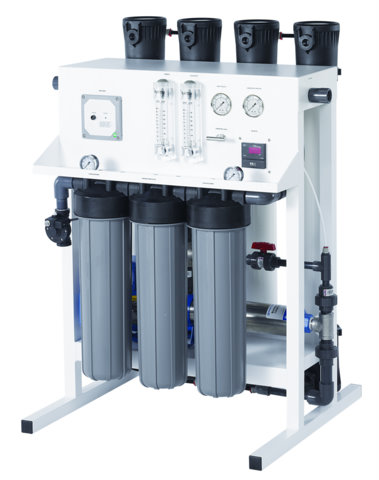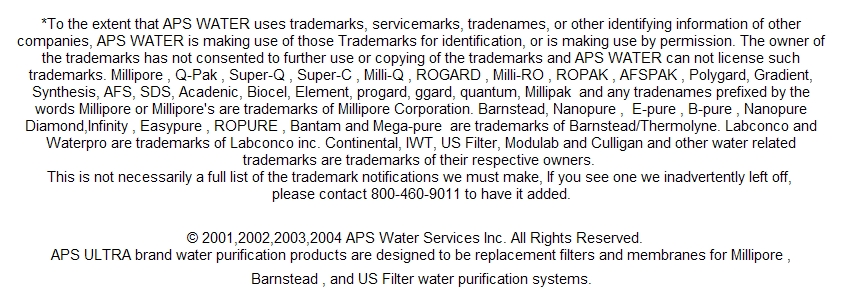|
Celebrating 34 years providing high quality products and advice.
|
| Our Local Time Is 12:39:18 PM. |
| Call us at 818-786-0600. We are here to help! |
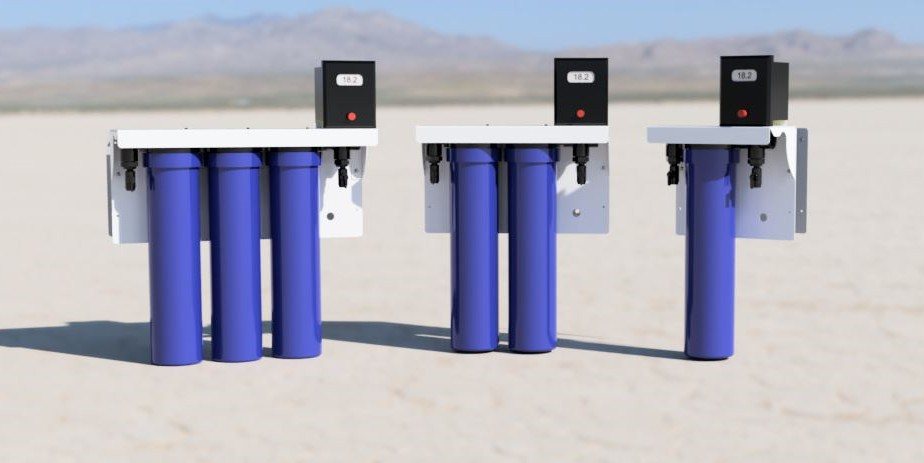 |
ON SALE NOW
Introducing the Polaris Lab Water Systems
High Purity Water Made In The USA.
Click here for more info. |
Emergency Prepardness Water Storage and Handling
Water For Emergencies
•How Much Water do I Need?
•How Should I Store Water?
•If You are Preparing Your Own Containers of Water
•Filling Water Containers
How Much Water do I Need?
You should have at least a three-day supply of water and you should store at least one gallon of water per person per day. A normally active person needs at least one-half gallon of water daily just for drinking.
Additionally, in determining adequate quantities, take the following into account:
•Individual needs vary, depending on age, physical condition, activity, diet, and climate.
•Children, nursing mothers, and ill people need more water.
•Very hot temperatures can double the amount of water needed.
•A medical emergency might require additional water.
How Should I Store Water?
To prepare safest and most reliable emergency supply of water, it is recommended you purchase commercially bottled water. Keep bottled water in its original container and do not open it until you need to use it.
Observe the expiration or “use by” date.
If You are Preparing Your Own Containers of Water it is recommended you purchase food-grade water storage containers from surplus or camping supplies stores to use for water storage. Before filling with water, thoroughly clean the containers with dishwashing soap and water, and rinse completely so there is no residual soap. Follow directions below on filling the container with water.
If you choose to use your own storage containers, choose two-liter plastic soft drink bottles – not plastic jugs or cardboard containers that have had milk or fruit juice in them. Milk protein and fruit sugars cannot be adequately removed from these containers and provide an environment for bacterial growth when water is stored in them. Cardboard containers also leak easily and are not designed for long-term storage of liquids. Also, do not use glass containers, because they can break and are heavy.
If storing water in plastic soda bottles, follow these steps
Thoroughly clean the bottles with dishwashing soap and water
Rinse completely so there is no residual soap.
Sanitize the bottles by adding a solution of 1 teaspoon of non-scented liquid household chlorine bleach to a quart of water. Swish the sanitizing solution in the bottle so that it touches all surfaces.
After sanitizing the bottle, thoroughly rinse out the sanitizing solution with clean water.
Filling Water Containers
Fill the bottle to the top with regular tap water. If the tap water has been commercially treated from a water utility with chlorine, you do not need to add anything else to the water to keep it clean. If the water you are using comes from a well or water source that is not treated with chlorine, add two drops of non-scented liquid household chlorine bleach to the water. Tightly close the container using the original cap. Be careful not to contaminate the cap by touching the inside of it with your finger. Place a date on the outside of the container so that you know when you filled it. Store in a cool, dark place. Replace the water every six months if not using commercially bottled water.
|
Images are representative of the products. Images may or may not be of the actual product. If it is important e-mail us for an actual image if available.
* Flat Rate UPS shipping when able to ship via UPS and is in the USA excluding Hawaii and Alaska.
Larger Items may not be able to ship via UPS, in that case freight charges will be quoted seperately.
International shipping will be quoted after the order is placed. You will have the opportunity to cancel before we finalize your order.
Terms and conditions
Credit Application
Privacy
Policy
List All Products
|




